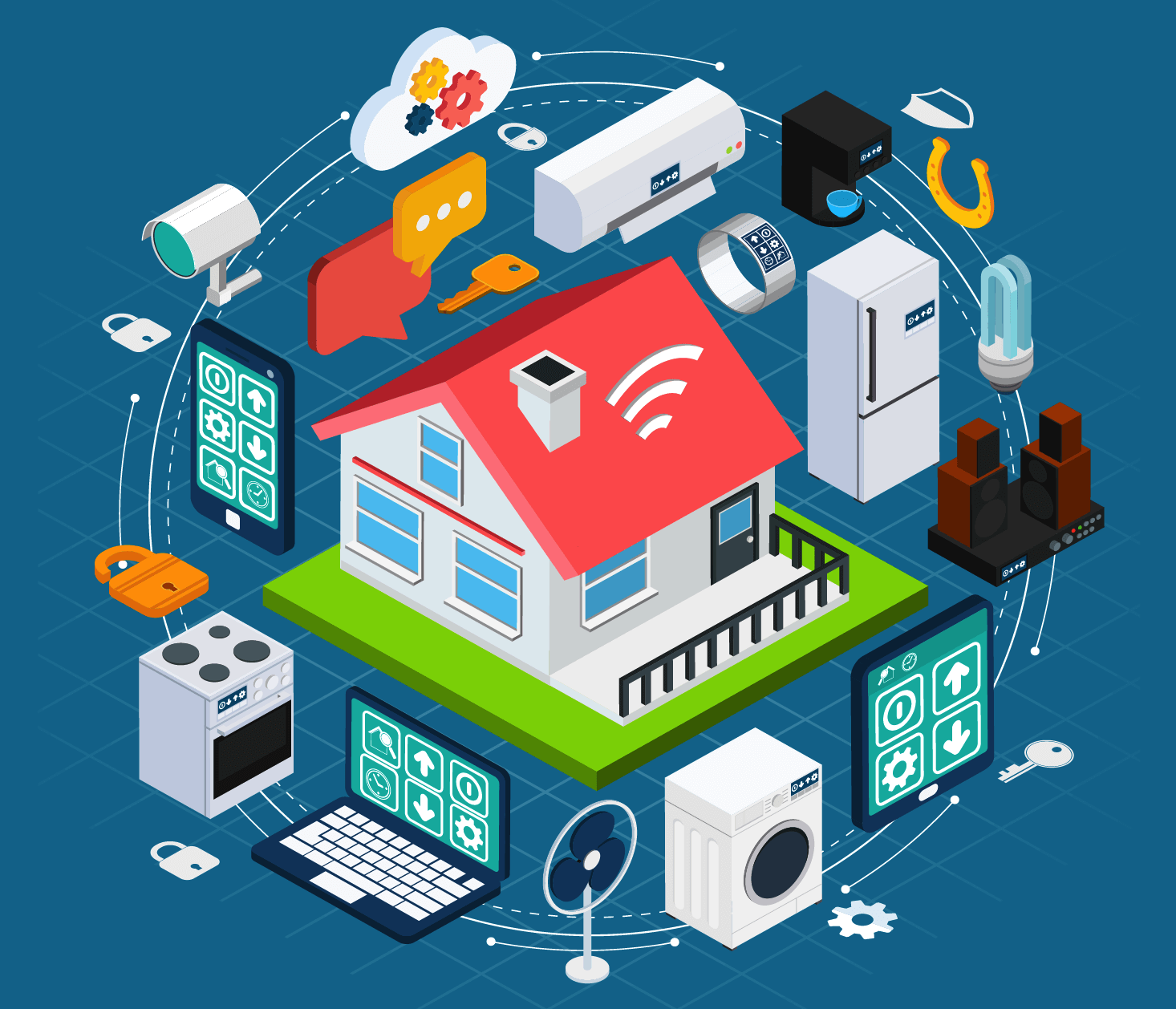Brewed to Perfection: Coffee Brewing Mastery
Unlock the secrets of perfect coffee brewing with expert tips, techniques, and recipes.
Your Coffee Maker is Spying on You!
Is your coffee maker secretly tracking you? Discover the surprising truth behind your brewing device and protect your privacy today!
Is Your Coffee Maker Collecting Data on You?
The rise of smart home technology has transformed ordinary appliances into data-collecting devices, and your coffee maker is no exception. Is your coffee maker collecting data on you? Many modern coffee machines are equipped with Wi-Fi connectivity and integrated apps that allow for remote operation and customization of brewing preferences. While this functionality is convenient, it often involves the collection of personal data such as your coffee consumption habits, preferred brewing times, and even your favorite recipes. As you enjoy your morning cup, it's crucial to consider what information is being gathered and how it may be used by manufacturers.
Before you embrace the smart coffee maker, take a moment to evaluate the privacy implications. Devices that collect data can expose you to risks related to personal information breaches. Is your coffee maker collecting data on you? It's wise to look into the privacy policies associated with your device and to understand the permission settings within its accompanying app. You might discover that you can choose to disable certain data collection features, helping to safeguard your personal information while still enjoying the benefits of a high-tech brewing experience.

How Smart Coffee Makers Might Compromise Your Privacy
Smart coffee makers have revolutionized the way we brew our morning cup, offering convenience and customization at the touch of a button. However, these devices come with a price beyond mere monetary value: privacy compromise. Many smart coffee makers connect to the internet, allowing users to control brewing times and settings via mobile apps. This connectivity leads to the collection of user data, including personal preferences and usage patterns that can be analyzed and monetized by third-party companies. As you sip your coffee, consider how your data may be brewing in the background.
Moreover, the integration of voice assistants in smart coffee makers raises significant privacy concerns. When you command your coffee maker using voice recognition technology, your voice recordings may be stored and used to further improve the service. While it may seem harmless, the accumulation of voice data presents risks of unauthorized access or data breaches. Therefore, it's essential to scrutinize the privacy policies associated with these devices and implement strict security measures to protect your personal information while enjoying your favorite brew.
The Hidden Risks of Internet-Connected Kitchen Appliances
As the trend of smart kitchen appliances continues to rise, many homeowners are not fully aware of the hidden risks that accompany this convenience. While these cutting-edge devices offer a myriad of benefits—from remote controls to enhanced cooking precision—they also present significant vulnerabilities. Cybersecurity threats are a primary concern; hackers can exploit weaknesses in your network to gain access to these devices, potentially compromising personal data or even manipulating appliance functions. For example, a connected microwave may be turned on remotely, posing a serious fire hazard if left unattended.
In addition to cybersecurity risks, internet-connected kitchen appliances can also lead to privacy violations. These devices often come equipped with cameras and microphones, which can inadvertently record sensitive conversations or activities in your home. With data breaches becoming more frequent, there is always a chance that your personal information could be exposed. To mitigate these risks, consider implementing robust security measures—such as regularly updating device firmware, using strong passwords, and disconnecting devices when not in use.